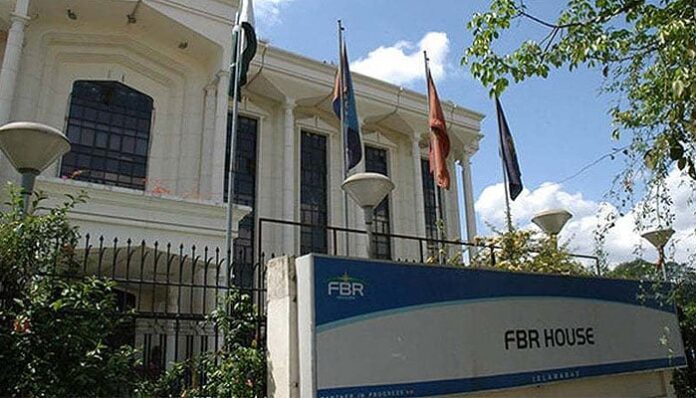A stalemate persists between Caretaker Finance Minister Dr. Shamshad Akhtar and the Inland Revenue Service (IRS) over the proposed restructuring of the Federal Board of Revenue (FBR).
Despite a meeting at FBR Headquarters aimed at resolving differences, both sides maintained their positions, raising the possibility of military establishment intervention to resolve the deadlock, as reported by Express Tribune.
Dr. Akhtar’s plan, which involves dissolving the FBR and creating two new tax departments, given to boards headed by private individuals. The IRS rejected Akhtar’s presented model along with the division of FBR into two departments, Federal Board of Inland Revenue and Customs Board of Revenue.
The minister’s insistence on private individuals leading the oversight role of the two new tax departments emerging from the FBR restructuring is a point of contention.
During a visit to the FBR Headquarters, Dr. Akhtar failed to sway the IRS to her viewpoint. The meeting ended without any resolution, and sources suggest the matter might now be referred to the military establishment for intervention.
The proposal for the FBR restructuring, approved by the Special Investment Facilitation Council (SIFC) on January 3rd, included digitalization initiatives. However, differences emerged over who should head the new boards, with the inter-ministerial meeting suggesting the Secretary Revenue Division for the role, a suggestion not reflected in the finance minister’s draft.
As the two-week deadline for submitting a summary to the cabinet lapsed, no consensus was reached.
Dr. Akhtar’s version of the summary, which she sent to the FBR chairman, diverges significantly from the chairman’s version, particularly on who should chair the oversight boards.
The finance minister argues for independent domain experts to chair the Customs Board and the Inland Revenue Board, while the Secretary Revenue Division would be a member of both. The Secretary Revenue Division, on the other hand, wants his dissenting opinion presented to the federal cabinet.
The proposed restructuring, according to the FBR chairman, would necessitate amendments to tax statutes and related laws. Concerns have been raised about potential legal challenges to the restructuring, which could impact revenue collection efforts.
Dr. Akhtar’s version suggests that customs and inland revenue organizations will be led by director generals appointed by the government, with financial and operational autonomy. These organizations would not be attached to the revenue division and would instead be accountable to the oversight boards.
This impasse comes against the backdrop of a 2020 World Customs Organization survey, indicating that 73% of countries have separate Customs Administrations, while 27% integrate Customs with Inland Revenue.





THE ONLY LEGITIMATE CRYPTO RECOVERY EXPERT….!!!
Good day Audience, I want to use this great medium to announce this information to the public about Mr MORRIS GRAY. few months back, I was seeking an online BTC investment plan when I got scammed for about $172,000. I was so down and didn’t know what to do until I came across a timeline about Mr MORRIS GRAY. so I reached out to him and to my greatest surprise, they were able to recover all the funds which I had previously lost to the Devils. I am so glad to share this wonderful news with you all because it cost me nothing to announce a good and reliable Hacker as Mr MORRIS GRAY, His direct email is Morris Gray 830 at gmail dot com, WhatsApp: +1 (607) 698-0239…..!!!